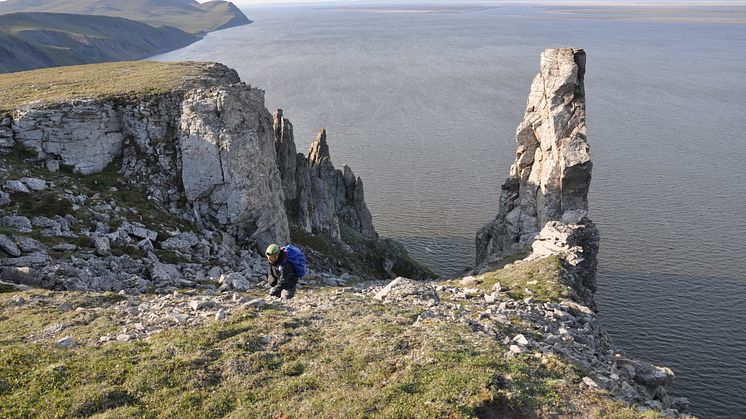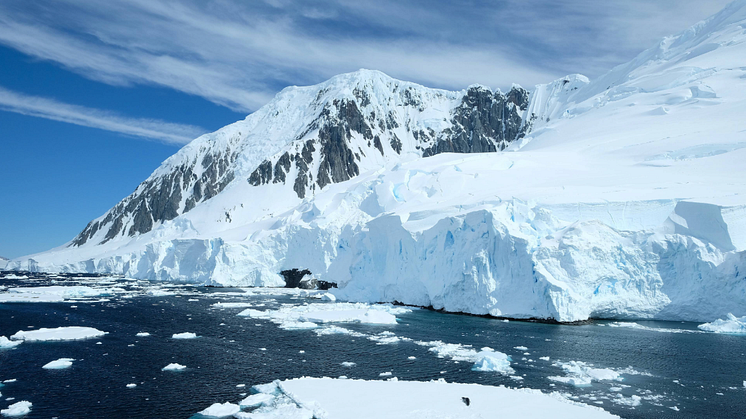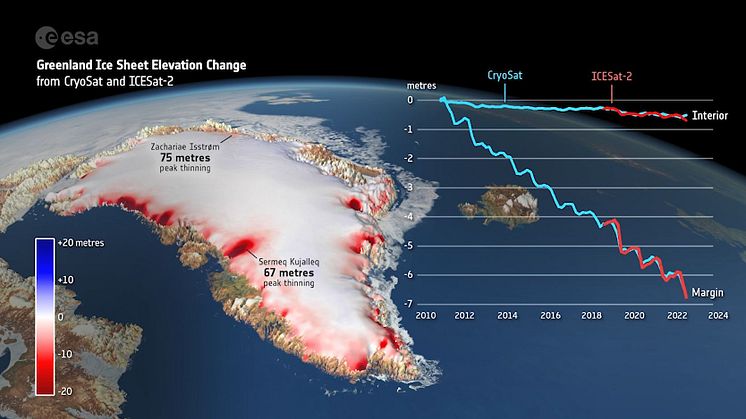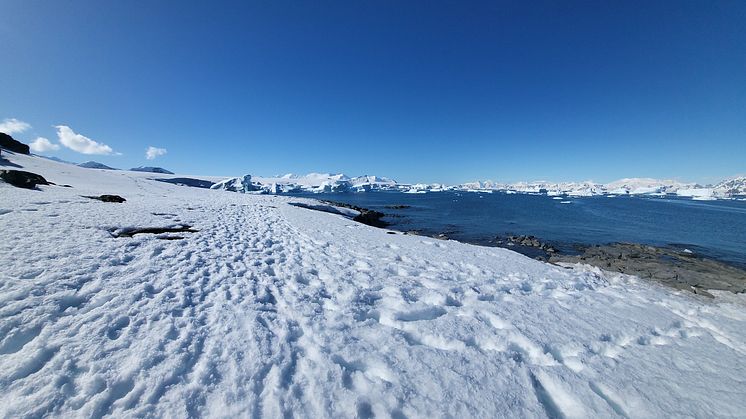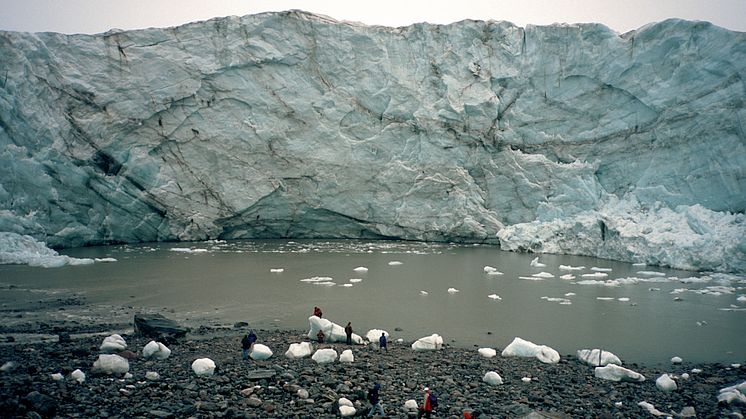Antarctic mountains could boost ocean carbon absorption as ice sheets thin
Research led by polar scientists from Northumbria University has revealed new hope in natural environmental systems found in East Antarctica which could help mitigate the overall rise of carbon dioxide in the atmosphere over long timescales.


